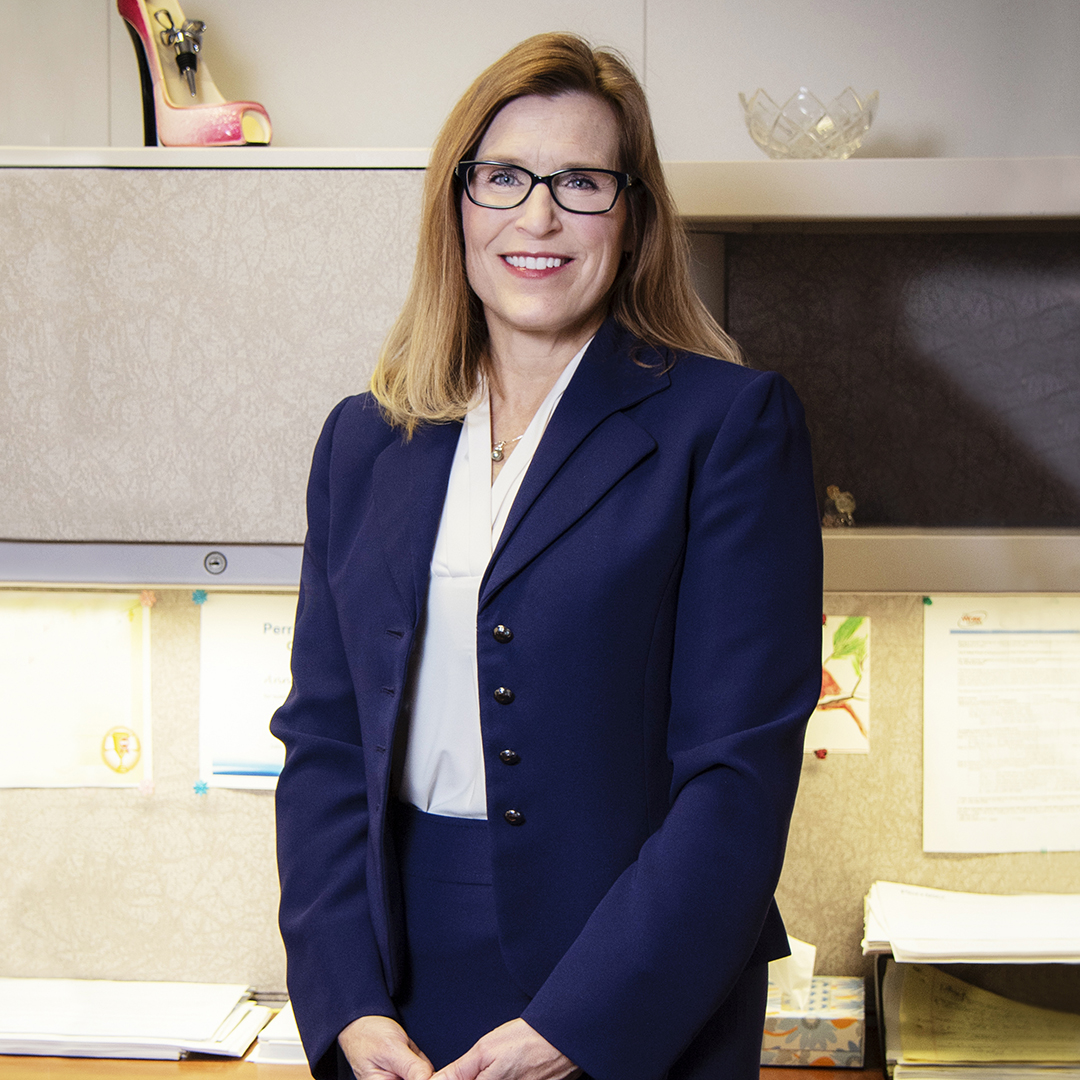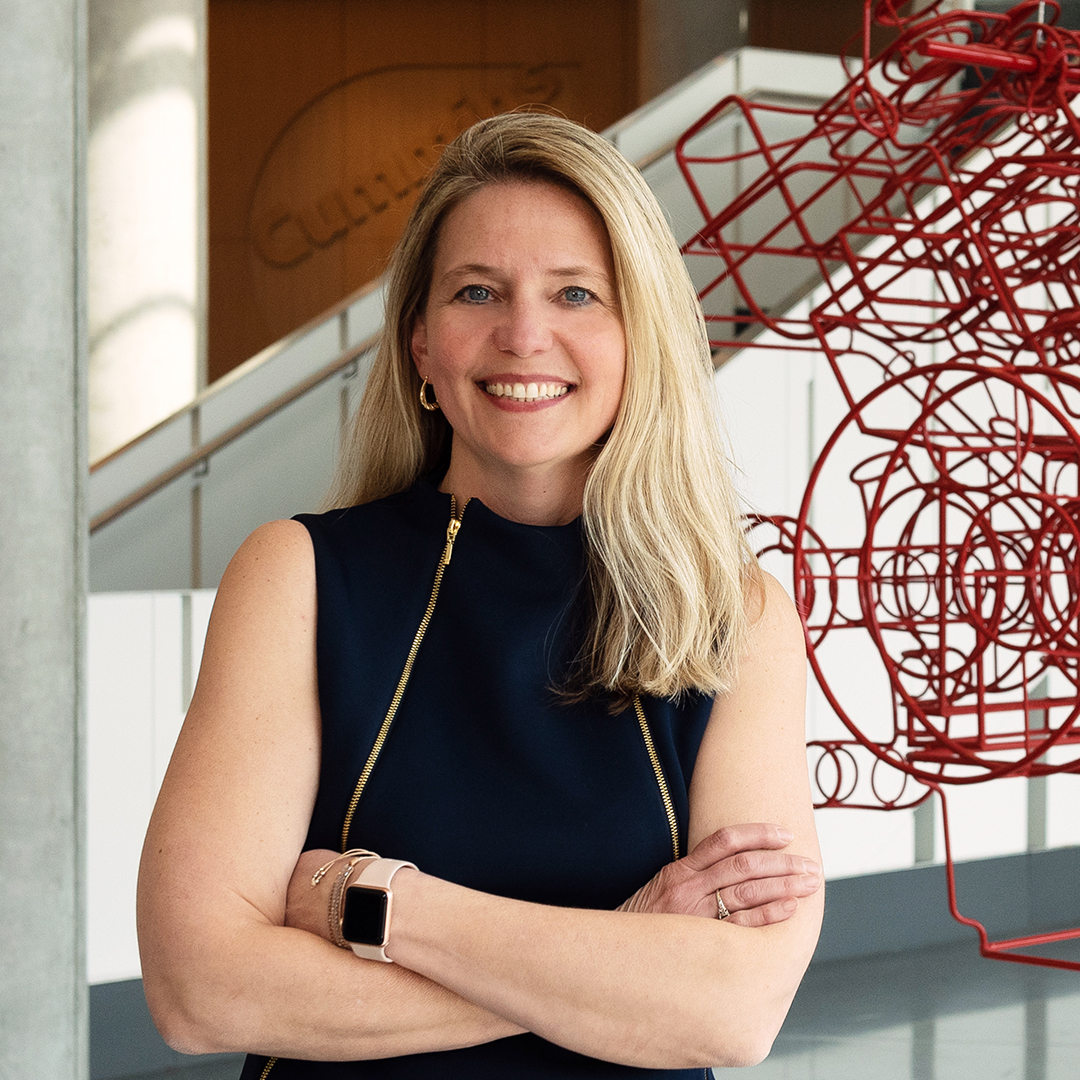Law students often encounter a famous thought experiment called the trolley problem. A trolley car is moving toward five incapacitated people lying on the tracks. You can pull a lever and divert the trolley car to another track, but there is also one unconscious person on that track. What do you do? Now, what if the trolley car was self-driving?
Variations of this question arise regularly for Brett Pynnonen. He is the general counsel for Visteon, a cockpit electronics supplier for most major car brands, which is also pioneering autonomous driving technology that will completely change the way human beings travel. His company is involved in the kind of work that is raising huge questions about artificial intelligence, driver engagement, and ethical dilemmas that Pynnonen says are moving from casual conversations into the boardroom.

In his third general counsel role, Pynnonen has a rare pedigree for a company that is trailblazing technologies, many of which do not yet have unified legislation or common standards. Visteon has proven to be the perfect mixture of Pynnonen’s previous technology- and automotive-grounded jobs. “Merging my two prior general counsel experiences at Visteon has been incredibly satisfying,” Pynnonen says. From managing software design elements and processes to running a lean, efficient legal team, Pynnonen feels comfortable while having to stay on his toes.
In three years, Pynnonen has significantly expanded the capabilities of the legal team, emphasizing the absolute necessity of partnering with the business teams at Visteon. “You need to understand what you’re selling, your customers, and how to make judgments about where to allocate resources,” Pynnonen says.
Knowing the business, the general counsel takes a much more realistic approach to risk mitigation. “With a relatively lean legal department, you don’t have the luxury—and your business can’t afford—to have every possible potential risk addressed,” Pynnonen says. Thus, cultivating relationships both with outside counsel and other departments at Visteon is essential for the global company.
“I rely heavily on nonlegal team members around the world,” Pynnonen says. “If I can find a solid HR or finance colleague in a given country, I can connect those people with our outside counsel and then only need to oversee the process, rather than hiring a dedicated lawyer in that country.”
Managing relationships abroad is critical for Pynnonen as nations and governments begin the difficult process of legislating autonomous driving and safety standards. “Traditional automotive risk paradigms are starting to break down,” Pynnonen says. “We’re now entering an era where the driver is becoming less engaged in the active aspects of driving, and we are increasingly placing a higher level of precision on computers and machines than we do for human drivers.”
That is, while humans routinely get in accidents, humans tend to believe machines shouldn’t.
“If I could flip a switch tomorrow and every vehicle was autonomous, we would have an immediate reduction in accidents, but for the foreseeable future, humans will want—and need—to drive,” Pynnonen says. As the technology continues to develop, Pynnonen believes a sea of fully self-driving cars on the roads is farther off than the evolution of continually enhanced safety features, like automated electronic braking and lane-keeping functionality. Technology will continue to evolve more on a continuum than a “big bang” to allow the driver to engage less and less with the automobile. One of Visteon’s focus areas is helping ensure a seamless, safe, and informed experience for the driver and passengers as control of the vehicle shifts between the person at the wheel and the vehicle.
Nonetheless, Pynnonen says that as the technology has progressed, the questions have gotten harder. “The human is an incredibly sophisticated organism to be [able to] handle all of these multiple sensory inputs while also factoring in prior experience,” Pynnonen says. “Despite the rapid advances in AI convolutional neural network training, it’s going to take a lot of time to get close to what a human is capable of.”
To protect Visteon’s technologies, Pynnonen has strengthened the organization’s IP function. “We’ve become a technology company. Our IP is becoming a greater and greater asset,” Pynnonen says. To stay abreast of autonomous driving news, Pynnonen gets a weekly briefing of autonomous driving litigation, M&A, and legislation from all over the world.
For a general counsel who has to regularly tangle with complex ethical hypotheticals, Pynnonen remains a business-minded attorney. “Success to me is when my team is considered a valued business partner and brought into discussions to add value outside the legal context,” Pynnonen says, “and not only to mitigate risk. My team must understand our business and how our guidance will impact the future of our company.” While the difficult questions remain, Pynnonen appears to be delivering the right business answers at Visteon.


